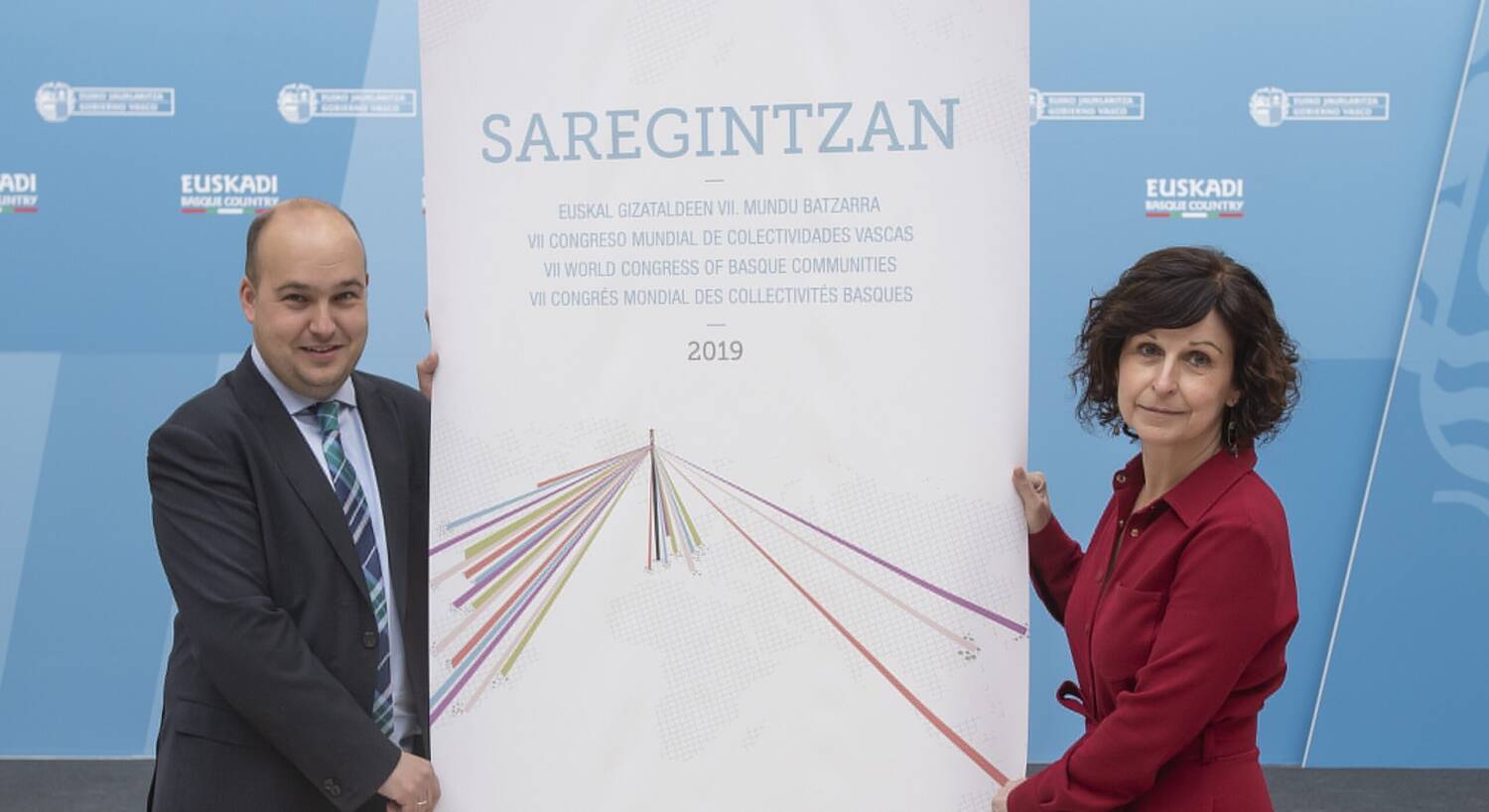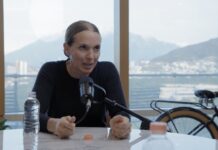This article was translated by John R. Bopp
Next week, here in the Basque Country, we’re going to receive the highest-level representation of the Basque Centers that groups together the most important, and best organized, part of the Basque Community around the world. We could even go so far as to say that we’re going to receive the representatives of the Basque Community Abroad.
Basque from all over the world: Basques whose origins lie in the seven territories; Basques who speak in Basque, in Spanish, in French, in English, in whatever; Basque organized into the 193 euskaletxeak that are registered with the Basque Government; recent Basque emigrés; Basques whose roots have taken them on sometimes centuries-long paths to bring them where they are today…
But all of them are Basque. “The best citizens in their adopted homeland,” as Lehendakari Aguirre asked in 1942, while at the same time intimately connected to their original homeland. They are a true source of pride for our Country, even if it does not know or recognize them as they deserve.
And this is an important question. These Basques are an essential part of our community, and a key part of our nation. They are our “launching point” to the world, and in the hardest of times, they have been key supports and a network of solidarity and has saved thousands and thousands of Basques. But even so, there is no widespread knowledge about them, nor do they receive clear social recognition in the Basque Country.
The same occurs with the knowledge of the national Basque reality for those living far away; many times, their idyllic, fantastic image of the Basque Homeland is quite removed from the reality the Basques live with today.
As we’ve said before, the Basques on either side of the Pyrenees do not know the other side very well; similarly, the Basque abroad in the diaspora, and the Basques “back home”, are also distressingly unaware of each other. It is beyond necessary for us to spread that knowledge, increase the two-way communication, and ensure that, even from a practical point of view, we all make up and integral and fundamental part of our National Community.
Events like these congresses, or the recently-held Day of the Diaspora, born of the conclusions reached in the last World Congress of Basque Collectivities, are important. But Basque society needs to learn, needs to feel, that these Basques are an integral part of who “we” are, and that they are part of the National Basque Community. We all need each other. We need to recognize each other in order to exist as a people.
This Congress, and the presence of Basques from all over the world in the homeland, is an important step in building this mutual knowledge, just like the Gaztemundu program, which brings diaspora Basques to the Homeland to get to know it. These are positive steps in the right direction, and ever more need to be taken.
The VII World Congress on Basque Collectivities
In 1994, just after the start of the Second Legislature in the Basque Parliament, Law 8/1994 of May 27, on relations with collectivities and Basque centers outside the Basque Autonomous Community was passed with 40 votes in favor and 3 abstentions among the 75 seats that make up the unicameral Basque Parliament.
In Article 13, “On the Congress of Basque Collectivities”, it states that “In order to encourage the gathering and collaboration of Basque collectivities, Basque centers, Basque center federations and confederations, and Basque institutions shall hold a Congress for Basque Collectivities every four years”.
The first of these was held a year later, in 1995, and since then, they’ve been held every four years. The website for the Directorate of the Basque Community Abroad, which is responsible for organizing these congresses, keeps the records of these events.
We’ve spoken about these encounters on several occasions, and from several different points of view. Among them, we’d like to highlight the entry where we spoke about the work carried out by Basque-Peruvian journalist Paco Igartua, who was present at the first two World Congresses by express invitation of the Lehendakari himself. He made very important contributions to them, and was responsible for the events held at said congresses.
We’re bringing this up because, as you’ve probably guessed by the title of this entry, the seventh edition of this event is about to start, marking a quarter century that they’ve been happening.
The participants will start arriving on September 30 in order to take part in a congress that will be held between October 2-4. This encounter is the conclusion of a process of reflection that has been carried out through the work and ideas of all the worldwide Basque centers themselves over the past four years, which have ended up giving rise to three “regional encounters”:
- Meeting of the euskal etxeak in Europe, Asia, and Oceania
(May 12-14, 2017 Paris / Saint Ouen) - Meeting of the euskal etxeak in North America
(February 16, 2018 at the Basque Cultural Center, South San Francisco) - Meeting of the euskal etxeak in Central and South America
(November 2, 2018 in Mar del Plata)
As is established by law, three representatives from each other existing Basque center federations will come to Bilbao, as well as three representatives from each of the Basque centers in countries where there is no federation.
Also participating in this congress will be the Advisory Committee for Relations with Basque Collectivities, the ex-lehendakaris of the Basque Government, and a representative from each one of the parliamentary groups that have representation in the Basque Parliament. Others may attend, including the guests of the Lehendakari of the Basque Government and other people or representatives of institutions related to Basque Collectivities (such as was the case of Paco Igartua).
To those paying us a visit, we can only say:
Ongi Etorri!!!
To get to konw more about this congress, visit the Basque Government’s webiste.
Here is the program:
[gview file=”https://aboutbasquecountry.eus/wp-content/uploads/2019/09/ES_programa_congreso_vasco_colectividades.pdf”]
Last Updated on Sep 5, 2022 by About Basque Country





